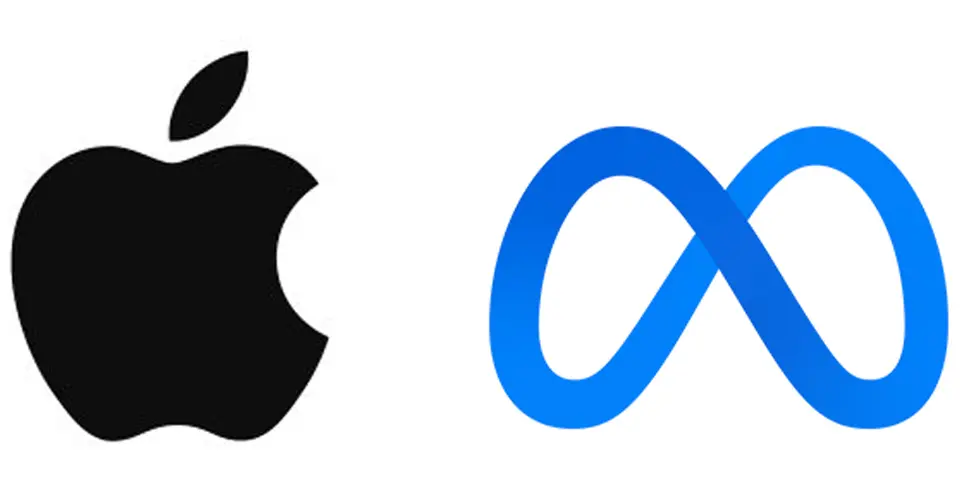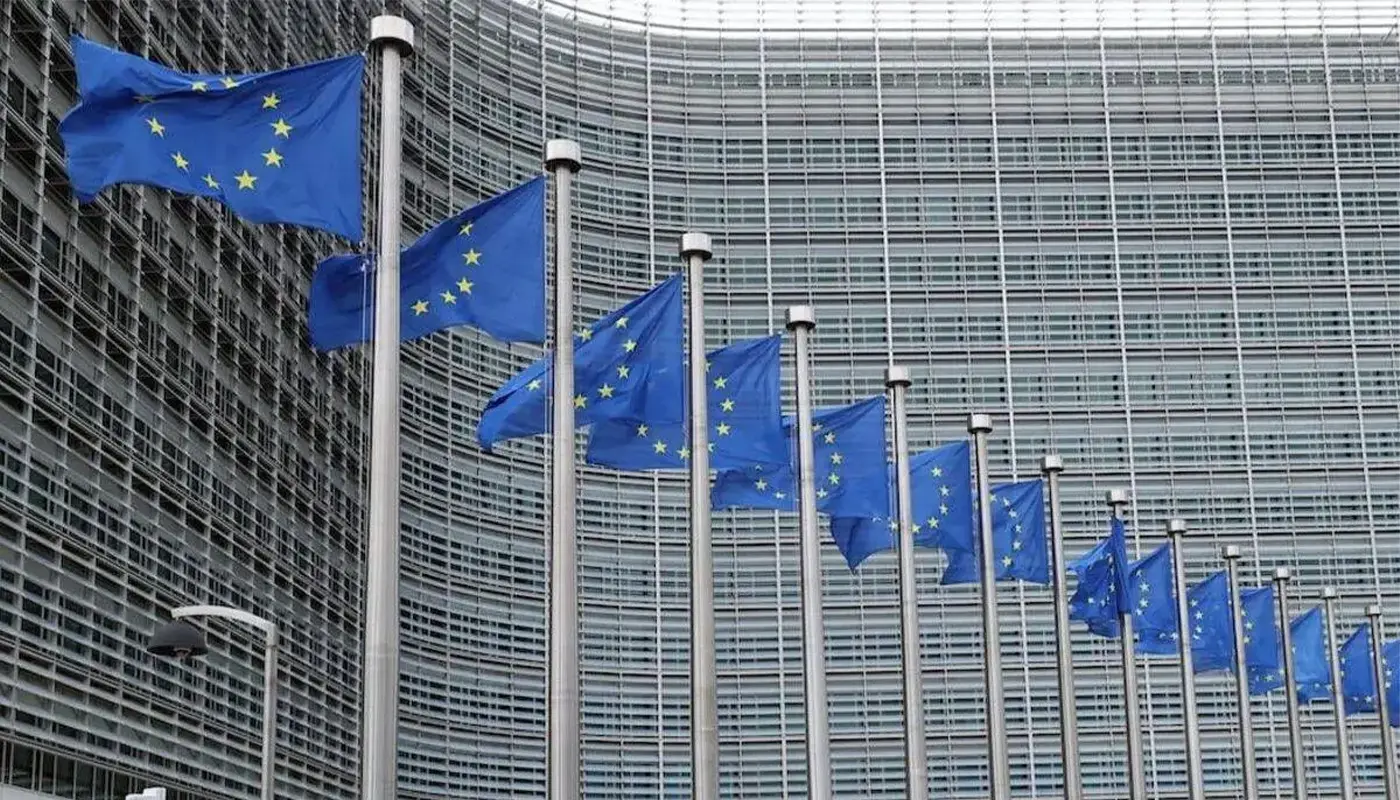Brussels – The European Union has imposed a combined $800 million in antitrust fines on U.S. tech giants Apple and Meta Platforms Inc., intensifying its regulatory crackdown on Big Tech over alleged anti-competitive practices and violations of the Digital Markets Act (DMA). The move signals a new era of aggressive enforcement from EU regulators, aimed at curbing the dominance of so-called “gatekeeper” platforms.
Breakdown of the Penalties
The European Commission announced that Apple will pay $500 million, primarily over restrictions related to its App Store payment policies, which the Commission argues stifle competition and harm developers and consumers. Meta, the parent company of Facebook and Instagram, faces a $300 million fine for its handling of user data and alleged coercive tactics that regulators say violated users’ digital consent rights.
European Commissioner for Competition Margrethe Vestager stated that the fines reflect “a deliberate pattern of non-compliance” by both companies. “The message is clear,” she added. “Dominant platforms must respect the rules that ensure fair access, transparency, and consumer choice.”

Apple’s Case: A Walled Garden Under Fire
Apple has long been under scrutiny in the EU for its App Store policies, particularly the so-called “anti-steering” provisions that prevent app developers from informing users about cheaper subscription options outside the Apple ecosystem.
According to the Commission’s investigation, Apple’s rules effectively forced developers to use the company’s proprietary in-app payment system, allowing Apple to collect commissions of up to 30%. The Commission found that such practices not only disadvantaged smaller developers but also resulted in higher costs for consumers.
Apple responded by saying it “strongly disagrees” with the decision and is considering an appeal. “The App Store has been a cornerstone of innovation and safety in the mobile economy,” the company said in a statement. “We believe our policies are fully compliant with European law and promote a competitive and secure digital marketplace.”
Meta’s Penalty: Data Consent and Bundling Concerns
Meta’s fine centres on its handling of user consent and its bundling of services across Facebook, Instagram, and WhatsApp. The Commission alleges that Meta made it overly difficult for users to opt out of data sharing across platforms, violating core GDPR principles and new DMA requirements that came into effect earlier this year.
Meta, in a defiant tone, referred to the EU’s action as “a digital tariff masquerading as a penalty.” The company’s Vice President for Global Affairs, Nick Clegg, argued that the decision sets a dangerous precedent. “What we are seeing is an attempt to undermine American tech leadership through targeted penalties under the guise of regulation,” Clegg said. “We respect European laws, but this decision overreaches.”
A Broader Clampdown Under the Digital Markets Act
These fines are among the first major sanctions issued under the newly enforced Digital Markets Act, a sweeping legislation designed to rein in the power of Big Tech platforms deemed essential gatekeepers to the digital economy.
The DMA requires companies like Apple, Meta, Google, Amazon, Microsoft, and others to adhere to a strict set of operational rules, including increased transparency, data portability, interoperability, and user freedom. Non-compliance can result in fines of up to 10% of global annual turnover—and up to 20% for repeated violations.
Legal experts believe this enforcement marks a turning point. “It’s a clear signal that the EU is willing to wield the full weight of the DMA,” said Sophie Lemoine, a Brussels-based digital policy analyst. “This could be the beginning of a regulatory snowball.”
What Comes Next?
Both Apple and Meta are expected to challenge the rulings in the EU’s General Court, a process that could take years. However, the financial penalties may only be the beginning. Additional investigations are ongoing into Google’s advertising dominance and Amazon’s treatment of third-party sellers.
Meanwhile, U.S. lawmakers and tech trade groups are watching closely. Some fear the EU’s assertive stance may inspire similar crackdowns globally, including in the United States, where antitrust scrutiny of Silicon Valley giants has already been escalating.
For now, the EU’s message is clear: digital gatekeepers must play by the rules—or pay the price.







